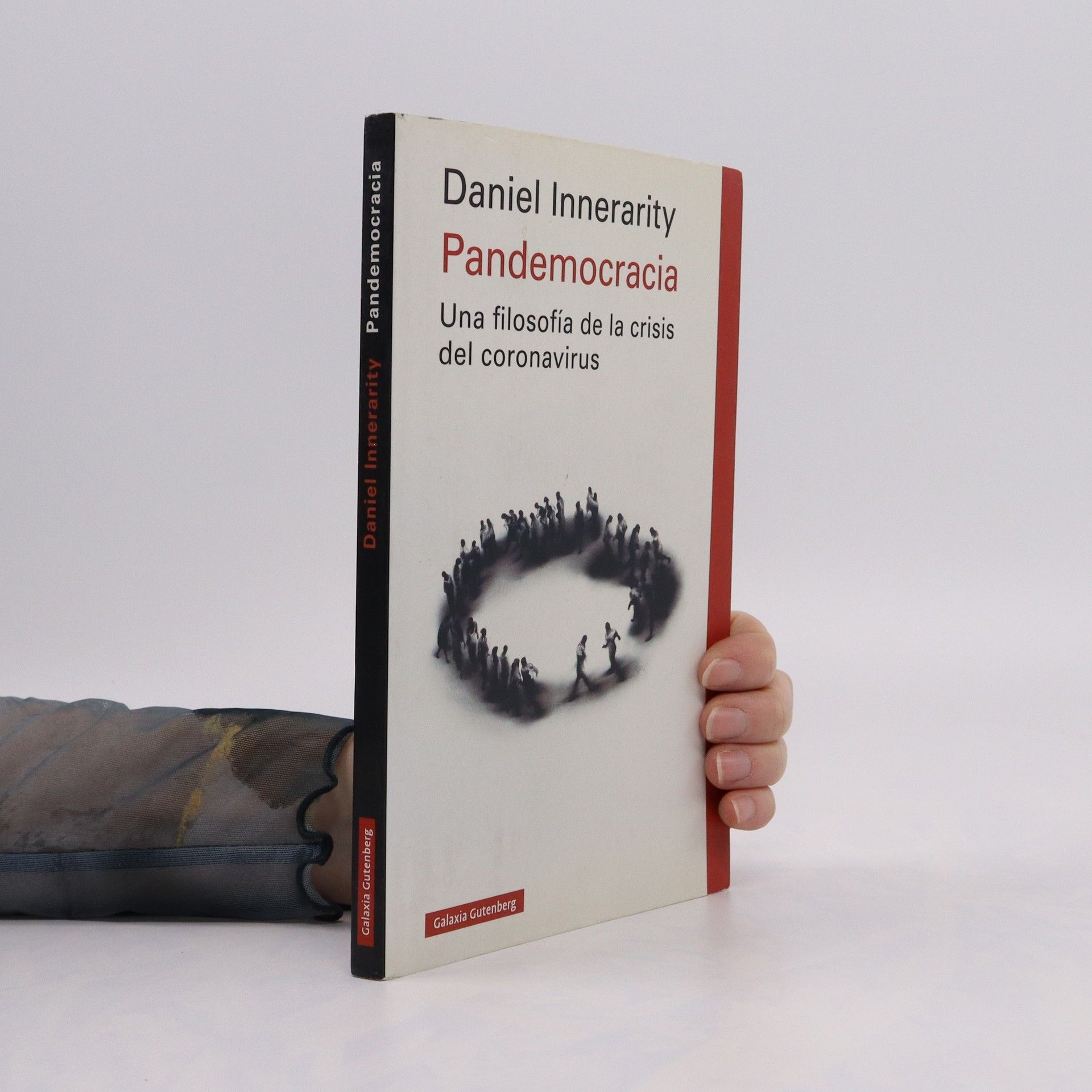This volume in the Political Theory and Contemporary Philosophy series extends democracy to knowledge in two ways. First, it argues that the issues science seeks to clarify are relevant for all citizens. Second, it explains that the fundamental problems faced by any democracy, such as the economic crisis, are not so much problems of political will as cognitive failures that must be resolved through both a greater knowledge of the realities over which we govern and a fine-tuning of the tools of governance. In fact, knowledge and related fields are spheres in which not only economic prosperity, but also democratic quality, are determined. Thus politics of knowledge and through knowledge has become a question of democratic citizenship. After introducing the concept of governing knowledge, the book discusses the political action of collective organization of uncertainty, before developing the idea of the cognitive challenge of the economy, revealed by today's economic crisis. A groundbreaking work by a renowned philosopher, it will be an accessible and fundamental resource for anyone interested in the relation of power to knowledge.
Daniel Innerarity Knihy
Daniel Innerarity je profesor sociálnej a politickej filozofie, ktorý skúma vplyv moderných technológií a globalizácie na spoločnosť. Jeho práca sa zameriava na komplexnosť súčasného sveta a na hľadanie nových foriem demokracie a správy v ére informačného preťaženia. Zaoberá sa tiež etickými výzvami, ktoré prináša rýchly technologický pokrok, a skúma, ako môžeme budovať spravodlivejšiu a udržateľnejšiu budúcnosť. Jeho analýzy ponúkajú hlboký vhľad do zložitých spoločenských a politických problémov našej doby.



Demokratie des Wissens
Plädoyer für eine lernfähige Gesellschaft
Erkenntnis ist mehr als ein Mittel zur Beschaffung von Information - Erkenntnis ist ein Medium des Zusammenlebens. Im Ausgang von dieser Einsicht zeigt Daniel Innerarity, wie sich Politik, Demokratie und Ökonomie in der Wissensgesellschaft neu erfinden müssen. Nicht zuletzt die jüngsten Finanzkrisen haben den Bedarf an systemischer Intelligenz schonungslos vor Augen geführt: Es bedarf einer Politik jenseits des Hierarchie-Modells, die sich an der Aufgabe orientiert, systemischen Risiken vorzubeugen und eine gesellschaftsweit verteilte kollektive Intelligenz zu ermöglichen, mithin eine Demokratie des Wissens zu etablieren. Und es bedarf einer Ökonomie, die sich von der Illusion der Exaktheit verabschiedet und sich ihrer gesellschaftlichen Einbettung bewusst ist. Das Wissen der Wissensgesellschaft schöpft paradoxerweise aus seiner Unexaktheit die Kreativität, die im Umgang mit unhintergehbarem Nichtwissen vonnöten ist. Mit diesem Buch liegt erstmals ein Werk des international renommierten spanischen Philosophen und Publizisten Daniel Innerarity auf Deutsch vor.
Pandemocracia
Una filosofia de la crisis del coronavirus
Según su etimología, una pandemia es una enfermedad infecciosa que afecta a todos, mientras que una epidemia tendría un área geográficamente limitada. Podríamos decir que nuestros instrumentos de gobierno están diseñados para gestionar epidemias y no pandemias, en tanto que son instituciones locales y no globales. De ahí la primera sensación de impotencia frente a un fenómeno que exige una mayor integración política de la humanidad, en la línea de fortalecer las instituciones transnacionales o la gobernanza global y, en general, una transición hacia formas de inteligencia cooperativa, claramente insuficientes en el mundo en el que vivimos. La definición de democracia apunta a que todos los afectados por una decisión deben poder participar en ella, a que debe coincidir la comunidad de los afectados con la de quienes deciden. En este sentido, la crisis del coronavirus sería un acontecimiento pandemocrático, como todos los riesgos globales. Se da la paradoja de que un riesgo que nos iguala a todos revela al mismo tiempo lo desiguales que somos, provoca otras desigualdades y pone a prueba nuestras democracias. De todo ello se habla en este libro, una reflexión filosófica de urgencia realizada en un momento excepcional de nuestra historia.